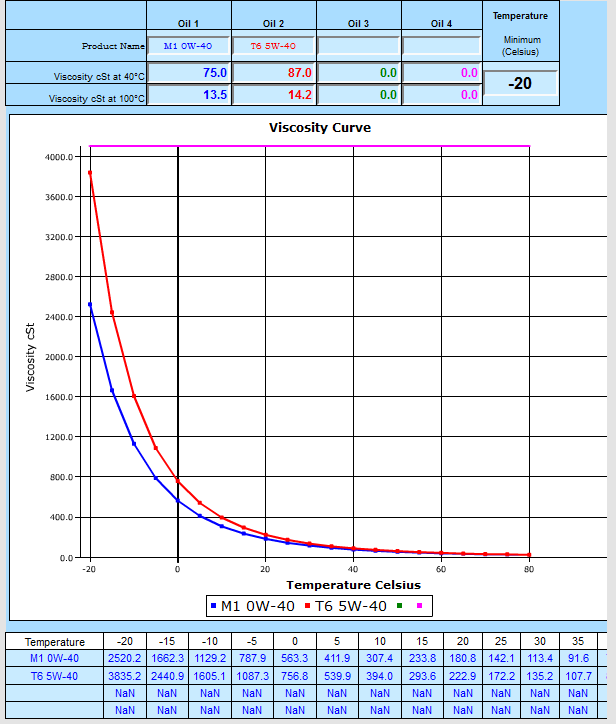Is the above credential better or totally different than acea a3/b3. Another forum says it is better, as an improvement/upgrade to the acea a3/b3. Another argues that it is different altogether.
I'm not a researcher or a technician or a UOA tester I just want to know what the two credentials have in common... or not.
I'm not a researcher or a technician or a UOA tester I just want to know what the two credentials have in common... or not.


